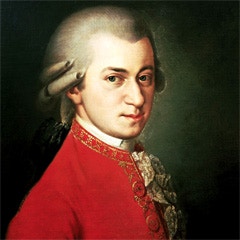
His music is unclassifiable to such an extent that it is impossible to pronounce the least analyses of the child prodigy. His wandering childhood enriched by numerous journeys let him come into contact with all of Europe’s musical modes of expression. Backed by his father, Mozart composed his first minuet aged six and a first opera at the age of eleven. Through his journeys and the services rendered in the courts of kings, he quickly gained the acclaim throughout Europe. A virtuoso pianist, the prodigy asserted the evidence of his style through his concertos and sonatas.
Читать далее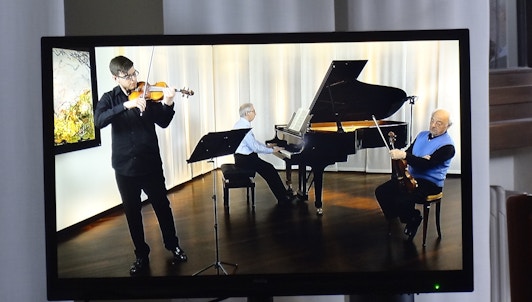
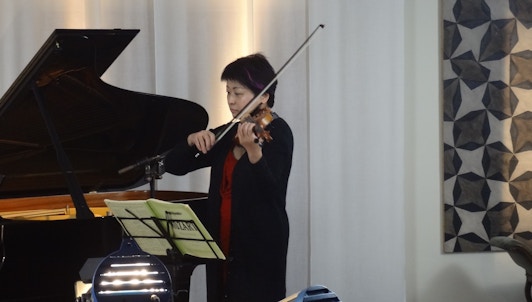
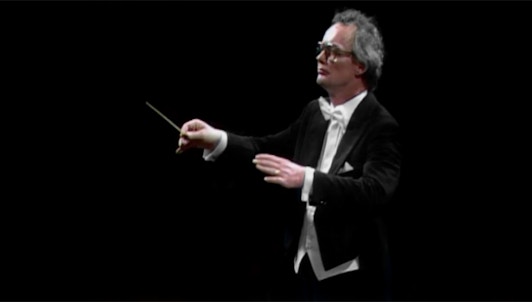
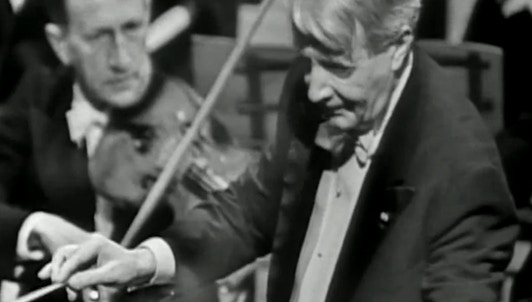
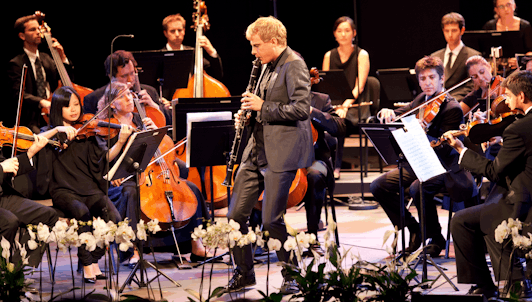
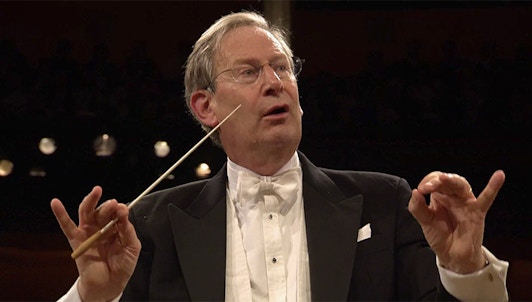
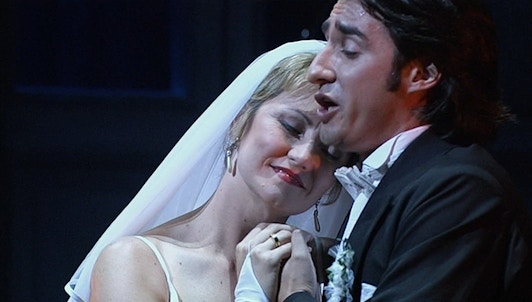
Зальцбургский фестиваль – Час с Вольфгангом Ама...
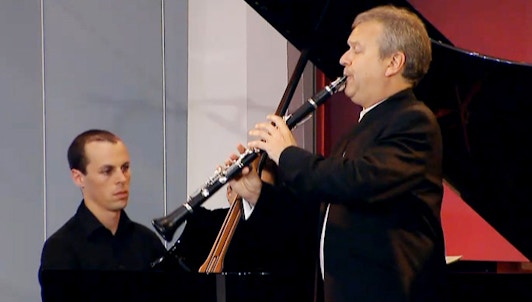
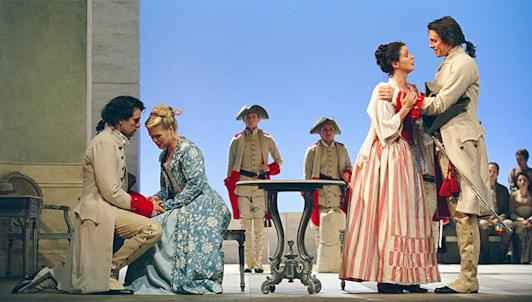
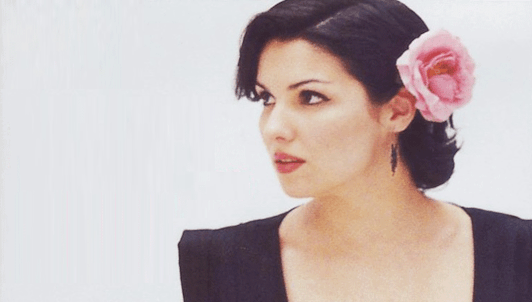

Оркестр концертного общества Парижской консерва...
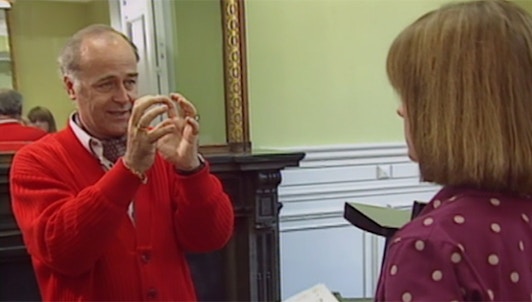
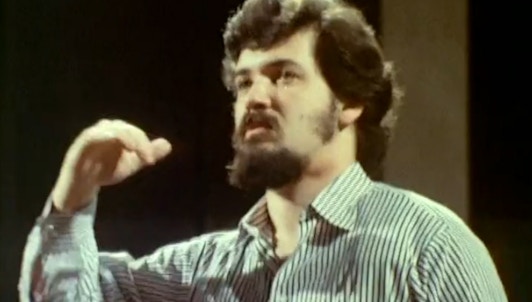
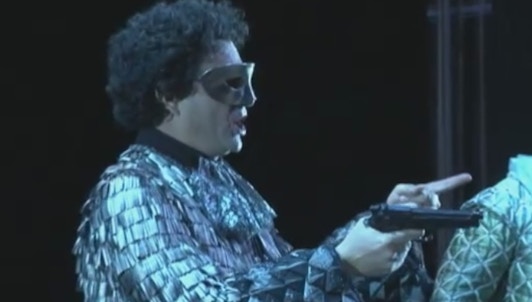
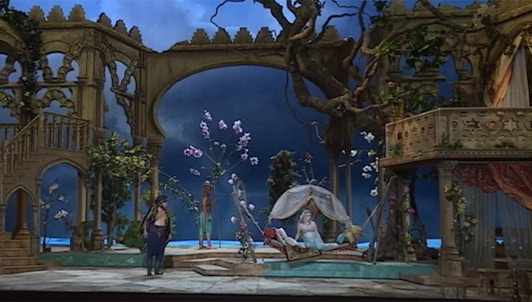


Произведения Моцарта, Чайковского, Бородина и Л...


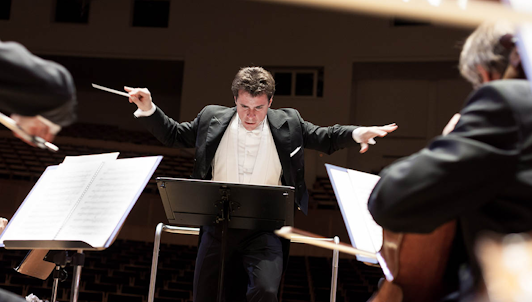
Бамбергский симфонический оркестр